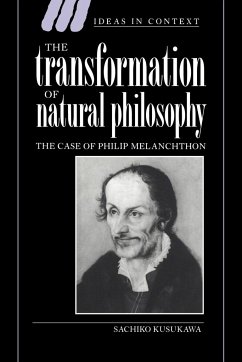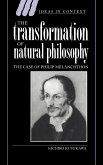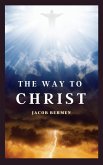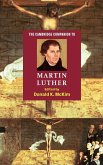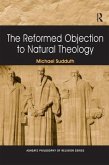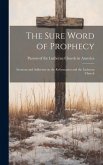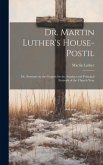A study of the transformation of natural philosophy by the Lutheran Philip Melanchthon.
This book proposes that Philip Melanchthon was responsible for transforming traditional university natural philosophy into a specifically Lutheran one. Motivated by desire to check civil disobedience and promote a Lutheran orthodoxy, he created a natural philosophy based on Aristotle, Galen and Plato, incorporating contemporary findings of Copernicus and Vesalius. The fields of astrology, anatomy, botany and mathematics all constituted a natural philosophy in which Melanchthon wished to demonstrate God's Providential design in the physical world. Rather than dichotomizing or synthesizing the two distinct areas of 'science' and 'religion', Kusukawa advocates the need to look at 'Natural philosophy' as a discipline quite different from either 'modern science' or 'religion': a contextual assessment of the implication of the Lutheran Reformation on university education, particularly on natural philosophy.
Review quote:
'- Kusukawa's book and her analysis of Melanchthon's thought offer a valuable contribution to our understanding of the influence of the Reformation.' British Journal for the History of Science
Table of contents:
List of illustrations; Notes on the text; Acknowledgements; Introduction; 1. The way of the schoolmen; 2. Law and Gospel: the reforms of Luther and Melanchthon; 1. Luther's reform - establishing the message of the Gospel; 2. Melanchthon's reform - law and philosophy; 3. The soul; 4. The Providence of God; 5. The construction of orthodoxy; Conclusion: a transformation of natural philosophy; Bibliography; Index.
This book proposes that Philip Melanchthon was responsible for transforming traditional university natural philosophy into a specifically Lutheran one. Motivated by desire to check civil disobedience and promote a Lutheran orthodoxy, he created a natural philosophy based on Aristotle, Galen and Plato, incorporating contemporary findings of Copernicus and Vesalius. The fields of astrology, anatomy, botany and mathematics all constituted a natural philosophy in which Melanchthon wished to demonstrate God's Providential design in the physical world. Rather than dichotomizing or synthesizing the two distinct areas of 'science' and 'religion', Kusukawa advocates the need to look at 'Natural philosophy' as a discipline quite different from either 'modern science' or 'religion': a contextual assessment of the implication of the Lutheran Reformation on university education, particularly on natural philosophy.
Review quote:
'- Kusukawa's book and her analysis of Melanchthon's thought offer a valuable contribution to our understanding of the influence of the Reformation.' British Journal for the History of Science
Table of contents:
List of illustrations; Notes on the text; Acknowledgements; Introduction; 1. The way of the schoolmen; 2. Law and Gospel: the reforms of Luther and Melanchthon; 1. Luther's reform - establishing the message of the Gospel; 2. Melanchthon's reform - law and philosophy; 3. The soul; 4. The Providence of God; 5. The construction of orthodoxy; Conclusion: a transformation of natural philosophy; Bibliography; Index.

